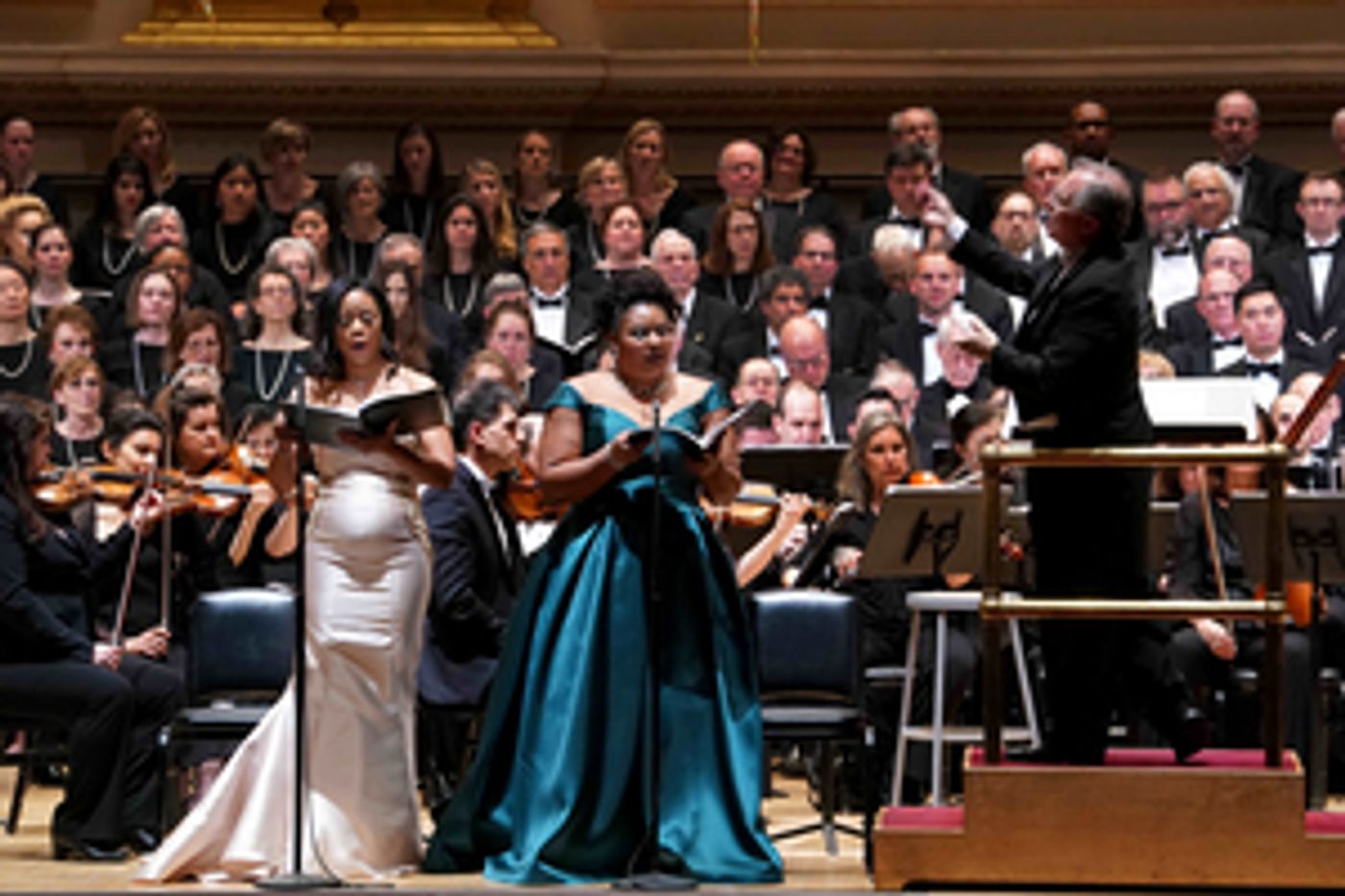CD Review: Live from Carnegie Hall, Moravec-Campbell SANCTUARY ROAD with Oratorio Society

Tritle. Photo: Eduardo Patino
I was delighted to hear that the Oratorio Society of New York's world premiere at Carnegie Hall of SANCTUARY ROAD (Naxos 8.559884)--a work for orchestra, chorus and a quintet of soloists--had been captured on disc. Not only is the story worth bringing to a broader audience, but the magic of the work, composed by Paul Moravec with a libretto by Mark Campbell based on the writings of William Still, "a conductor for the Underground Railroad", merits hearing over and over again. As I wrote in May 2018, the gorgeous musicality of the performance, with orchestra and vocal artists under Kent Tritle, was filled with energy and humanity.
On second hearing, I found the impression from that performance in Carnegie Hall clearly justified. Commissioned by the Oratorio Society as a choral showpiece, it is the work of the soloists that are key to the effectiveness of the words and music.
The compelling score by Moravec remains as melodic as it is thrilling. It not only creates a wall of pulsating sound for the chorus but also conceives a set of arias for the soloists that brings individual stories unmistakably to life--thanks to a libretto by Campbell that gathers vivid and heart-rending details from Still's journals and turns them into real people.
William Still may be less familiar a figure than Harriet Tubman, but in SANCTUARY ROAD, where he is both narrator and character in his own story, he is unforgettable. "Write it down. Write it," he says. "Write. Record. Recount. Chronicle. Write it down. Every word...." As Still, bass-baritone Dashon Burton is stately and noble, grand and grave.
But it is the quartet of "passengers" on the railroad and their singular experiences that are key to the success of the piece. The opulent voices of soprano Laquita Mitchell and mezzo Raehann Bryce-Davis, the honeyed sound of tenor Joshua Blue, and the warm baritone of Malcolm J. Merriweather, in unison or solo, draw us into the work.
Four stories stand out, with the artistry of the singers key to the effect of the words and music on us. In one, the abundance of Bryce-Davis's voice take Moravec's soaring melody for "The Same Train--Ellen Craft" and the words of William Still filtered through Mark Campbell's skilled hands into the story of a slave in disguise finding herself sitting across from her master's brother. In another, Moravec uses horns and a string bass to help Campbell tell, in "This Side Up--Henry 'Box' Brown," of a slave shoehorned into a tiny packing crate in order to travel north, with only the smallest of airholes to keep him alive; the burnished baritone and humor of Merriwether enthrall us.
In a three-part aria, "Run," Moravec and Campbell give tenor Blue a showcase, with its pulsating, pouncing line and interplay with the chorus; while "Rain--Clarissa Davis" provides Mitchell a gorgeous line supported by oboe and strings.
"Which comes first, the words or the music?" Moravec asked in the program for the premiere. He answered quickly: "I always naturally begin with the words, in this case Mark Campbell's libretto based on William Stillman's monumental The Underground Railroad Records, published in 1872...." His faith in Campbell's work is well founded: The writer's ability to distill the complex stories "of ordinary people living through extraordinary times," as the composer put it--work with the musical score to bring the characters into our hearts and consciousness.
It is the melding of the talents of the two men working together as one that makes SANCTUARY ROAD function so well, creating a picture of another time and place, of people and survival. They had previously brought the horrors of a Stephen King novel, THE SHINING, to life; here, they took another kind of horror and crafted an uplifting story for the ages.
Reader Reviews

Videos

